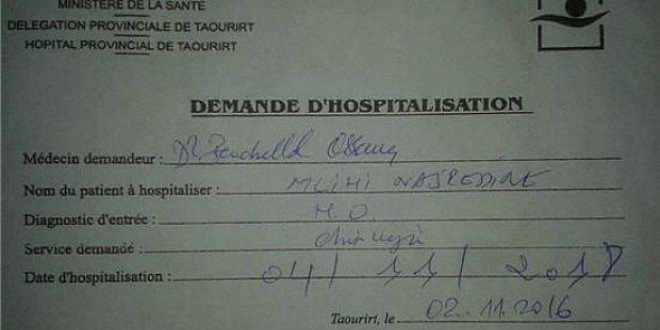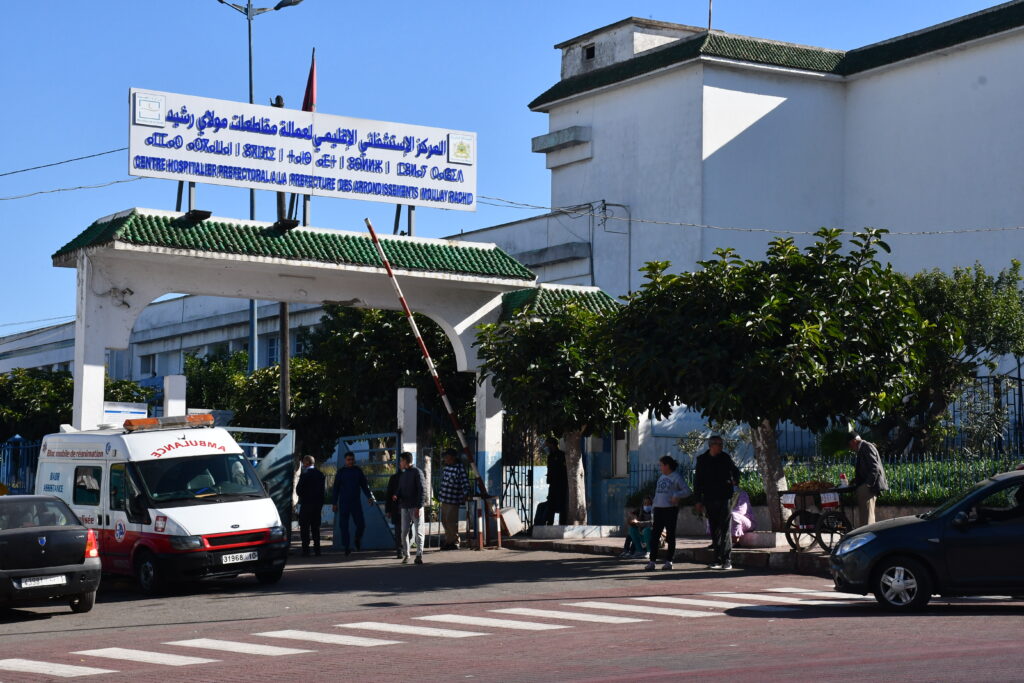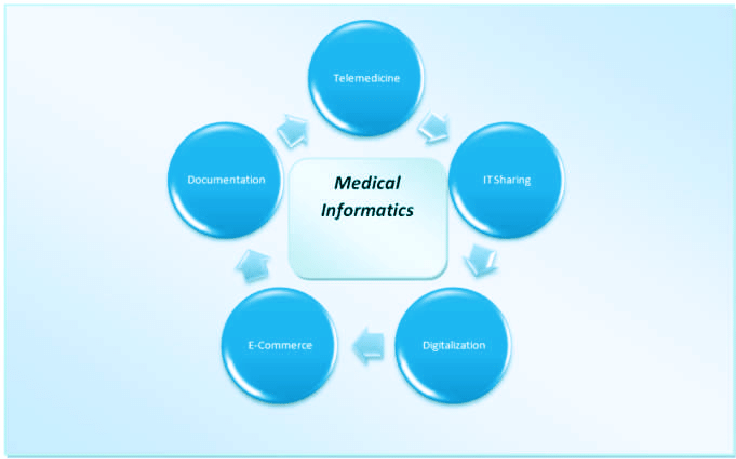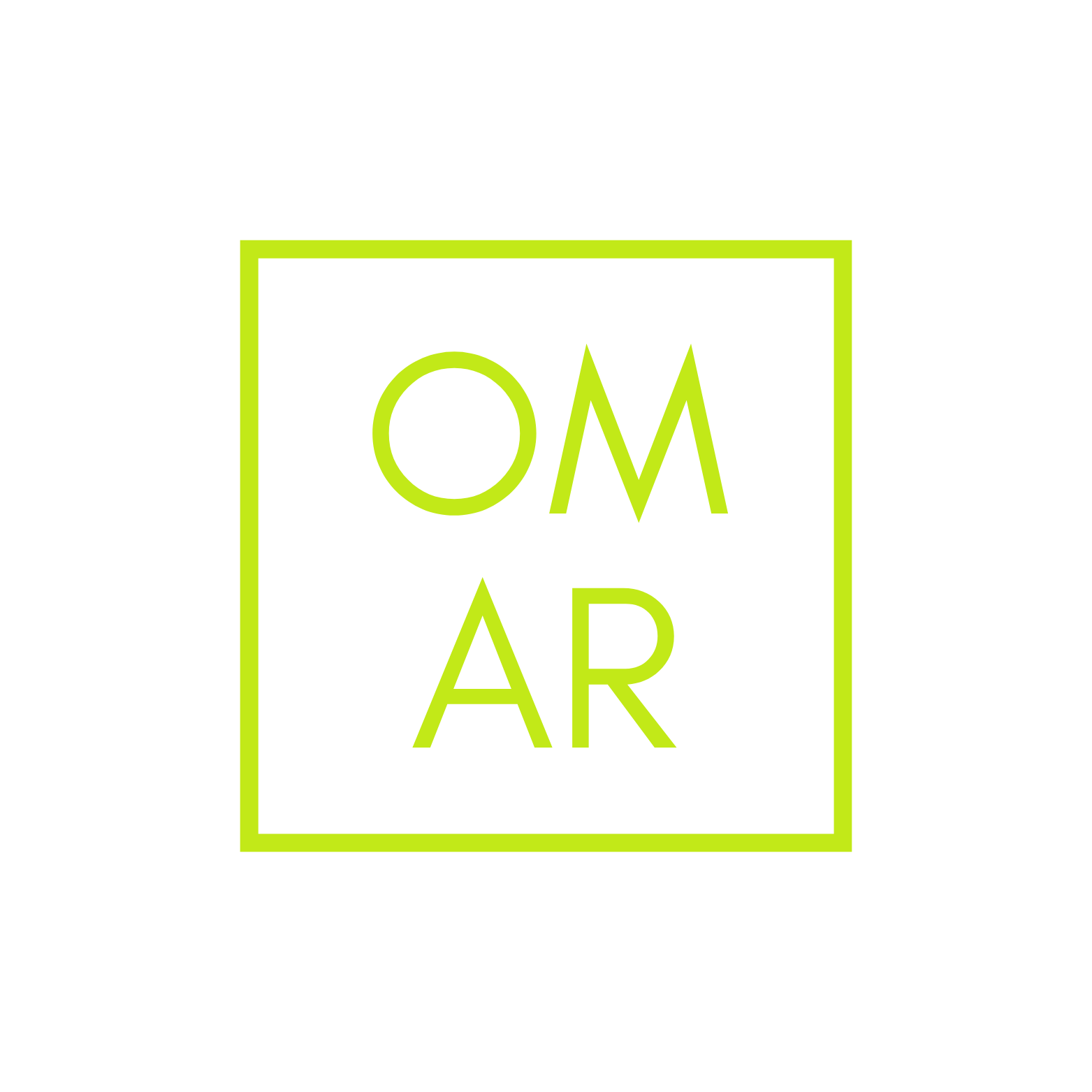
The Current Reality: Reliance on Traditional Methods
Morocco’s healthcare system, particularly in public hospitals, still heavily relies on traditional, paper-based methods for managing patient records and tracking medical histories. Unlike private hospitals and clinics, which have adopted digital solutions, most public institutions continue to use manual record-keeping systems.

This outdated approach presents several challenges:
- Limited Access to Information: Healthcare professionals struggle to quickly retrieve patient records, leading to delays in diagnosis and treatment.
- Risk of Data Loss or Damage: Paper records can be lost, misplaced, or damaged, making patient history tracking unreliable.
- Inefficient Resource Management: The reliance on manual processes increases administrative burdens, reducing efficiency and wasting valuable time and resources.
The Shift Towards Digital Healthcare in Morocco
Recognizing these issues, the Moroccan government has started taking steps toward digital transformation in healthcare, aiming to enhance service quality, patient care, and data management. Some key initiatives include:
- The White Paper on Health Data Digitization: This document outlines opportunities and challenges related to digitizing healthcare and calls for a national strategy to ensure efficient and secure data sharing among hospitals. (maroc.ma)
- Public-Private Partnerships (PPP): The Ministry of Health is collaborating with Moroccan health-tech startups to accelerate digitalization and introduce innovative healthcare solutions. (sante.gov.ma)
- The International Digital Health Forum: This event promotes innovation, investment, and collaboration to integrate modern technologies into Morocco’s healthcare system. (sante.gov.ma)

Introducing “AZYCS”: A Step Toward Digitalization
As part of these modernization efforts, Morocco has introduced “AZYCS,” a new digital health system designed to improve patient data management and hospital efficiency. The main objectives of AZYCS include:
✔️ Centralized Patient Records: Creating a national database that allows for seamless data exchange between healthcare facilities.
✔️ Enhanced Quality of Care: Providing real-time access to medical histories, improving diagnostic accuracy and reducing treatment delays.
✔️ Increased Operational Efficiency: Reducing paperwork, streamlining administrative processes, and allowing healthcare professionals to focus on patient care.
Morocco: A Fertile Ground for Health Informatics Innovation
Morocco presents a massive opportunity for health informatics development, thanks to:
- Government Commitment to Digitalization: The national vision prioritizes digital transformation across all sectors, including healthcare. (mmsp.gov.ma)
- Expanding Technological Infrastructure: Investments in ICT and digital infrastructure make large-scale healthcare digitization more feasible.
- Skilled Workforce: Morocco has a growing pool of IT and healthcare professionals capable of leading digital transformation projects.
Learning from Global Leaders: A Necessary Step
Despite Morocco’s growing potential, studying global best practices remains essential. The best way to excel in health informatics is to learn directly from the world’s technology leaders.
This is why I chose to continue my journey abroad—to immerse myself in cutting-edge healthcare technology and gain hands-on experience in advanced medical informatics systems.
Studying in a digitally advanced country provides:
✔️ Access to the latest innovations in health informatics and AI-driven healthcare solutions.
✔️ A better understanding of global healthcare infrastructure and how it can be adapted to Morocco.
✔️ Collaboration with top industry experts, fostering new opportunities for growth and investment in Morocco’s healthcare sector.
Final Thoughts: The Road to a Digital Healthcare Future

Morocco is on the brink of a healthcare revolution, with digital transformation offering a once-in-a-lifetime opportunity to modernize hospitals, improve patient care, and optimize medical services.
However, to truly achieve this transformation, we must embrace global expertise, invest in local talent, and ensure long-term commitment to healthcare innovation.
🚀 The future of healthcare is digital—and I am committed to being part of the change.

